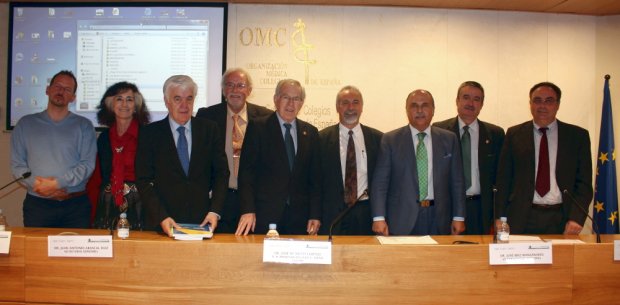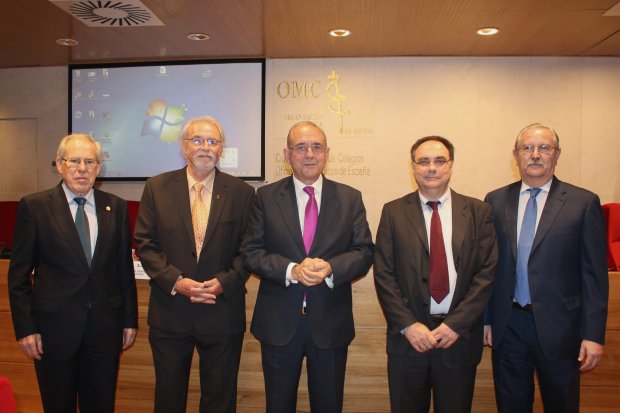SLOVAKIA
The health care system in Slovakia is based on universal coverage, compulsory health insurance, a basic benefit package and a competitive insurance model with selective contracting and flexible pricing. Health care, with exceptions, is provided to those insured free at the point of service as benefits-in-kind (paid for by a third party). After fulfilling certain explicit criteria, there are no barriers to entry to the health care provision and health insurance markets. ( Bismarck Group of Health Systems )
Based on the quality of their services, health insurance companies compete for insured individuals. Health care purchasing creates room for competition. Health insurance companies are obliged to ensure accessible health care to those they insure according to provisions laid down by law. Health insurance companies fulfil this obligation by contracting health care providers.
The Health Care Surveillance Authority (HCSA) is responsible for monitoring health insurance, health care provision and the health care purchasing markets.
Since 2005, all health insurance companies are joint stock companies, that is, they were transformed from (public) health insurance funds to health insurance companies operating under private law. As of 2010, three health insurance companies operate in the market, one of which is state-owned (66% of insured) and two privately owned.
Different ownership structures characterize health care providers and health insurance companies. The state, represented by the Ministry of Health, is the owner of the largest health insurance company. Furthermore, the state owns the largest health care providers, including university hospitals, large regional hospitals, highly specialized institutions, and almost all psychiatric hospitals and sanatoria. The majority of them are contributory organizations, a Slovak form of legal entity that is established by a government (including regional and municipal governments), to which part of the entity’s budget is linked; that is, they may have other revenue sources. In 2006, five state-owned health care facilities were transformed into 100% state-owned joint stock companies. Since 2007, the health care facilities in state ownership must be contracted by health insurance companies. The government in power in the period 2006–2010 saw these care facilities as crucial in guaranteeing geographical accessibility, but critics argued that this may also have given an unfair competitive advantage to these hospitals. Health departments of the Ministry of Defence, Ministry of Transport, Ministry of the Interior and Ministry of Justice also manage several health care facilities.
Pharmacies and Pharmacies and diagnostic laboratories, as well as almost 90% of outpatient acilities are in private hands. Some outpatient specialists are employed by hospitals and provide ambulatory care in polyclinics attached to hospitals. Providers of emergency health care services are either in private or state ownership; four-year operating permits are issued by the Ministry of Health based on a successful tender.
State bodies (the Ministry of Health, HCSA) and self-governing regions, which have regional competences mainly in outpatient care, administer the system and issue permits to health care providers. Organized interest groups also participate in health policy-making. Although they are invited to comment on legislative proposals, their recommendations carry relatively little political weight. Representatives of employees and employers meet with government representatives at the Tripartite Economic and Social Council, but their mutual agreement is not needed to continue the legislative process. Professional associations (known as “chambers”) keep registers of health professionals and they issue or revoke licences. They cooperate in monitoring the management of
health care facilities and issue opinions on ethical issues concerning the medical profession. The membership in chambers is not compulsory.
Financing: After the establishment of the Slovak Republic in 1993, the Bismarck system of social health insurance (SHI) was reintroduced through the establishment of the National Insurance Fund. In 1994, the Act on Health Insurance was passed, which allowed the establishment of multiple health insurance funds. Since its inception in the early 1990s the system has suffered from financial instability. The 2002–2006 reforms sought to remedy this by tightening budgetary restrictions, increasing effectiveness in utilizing resources as well as identifying internal reserves of the system. The reform included a transformation of health Insurance funds into joint stock companies.
( HSiT )
- Category: Articles


